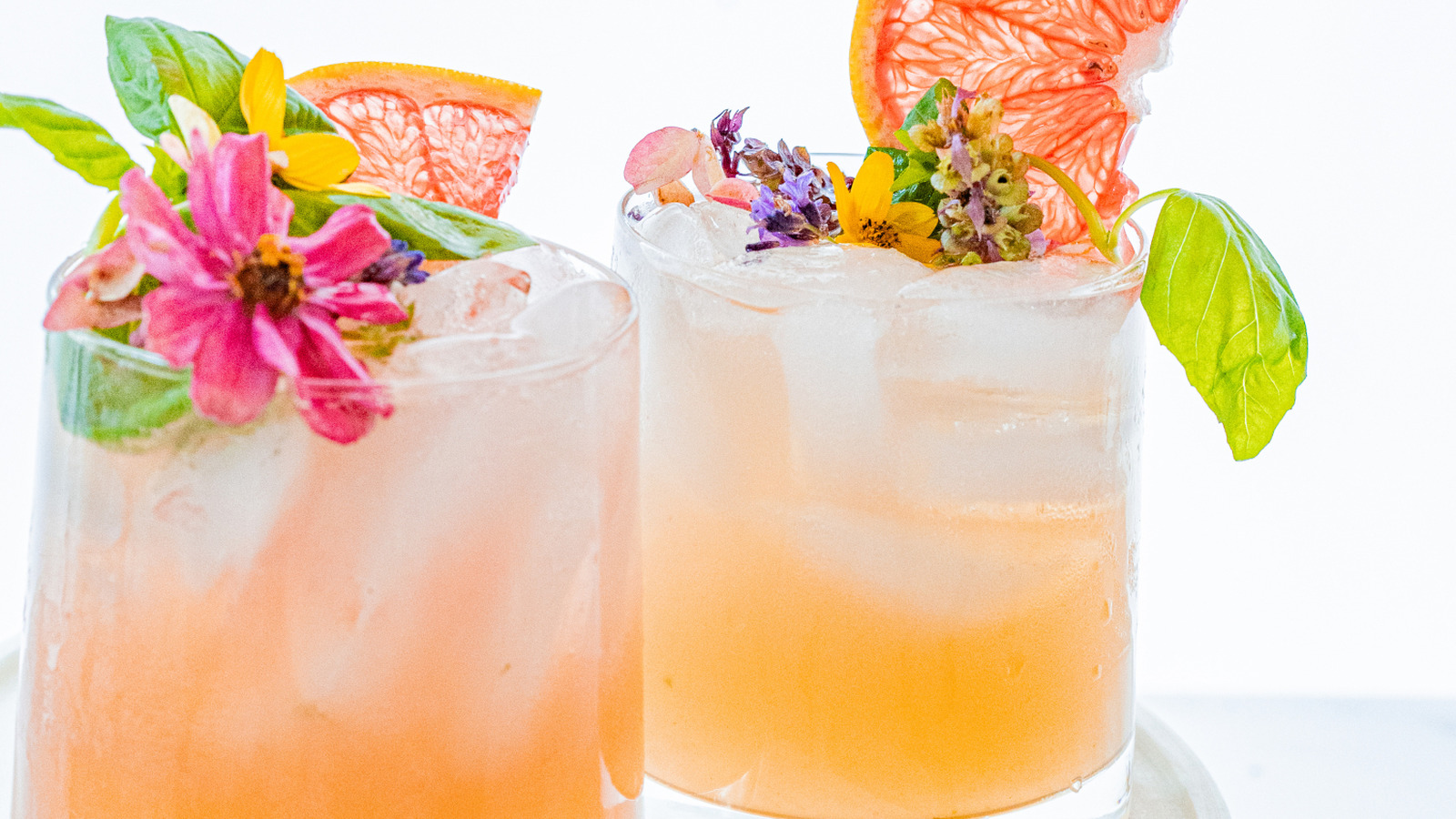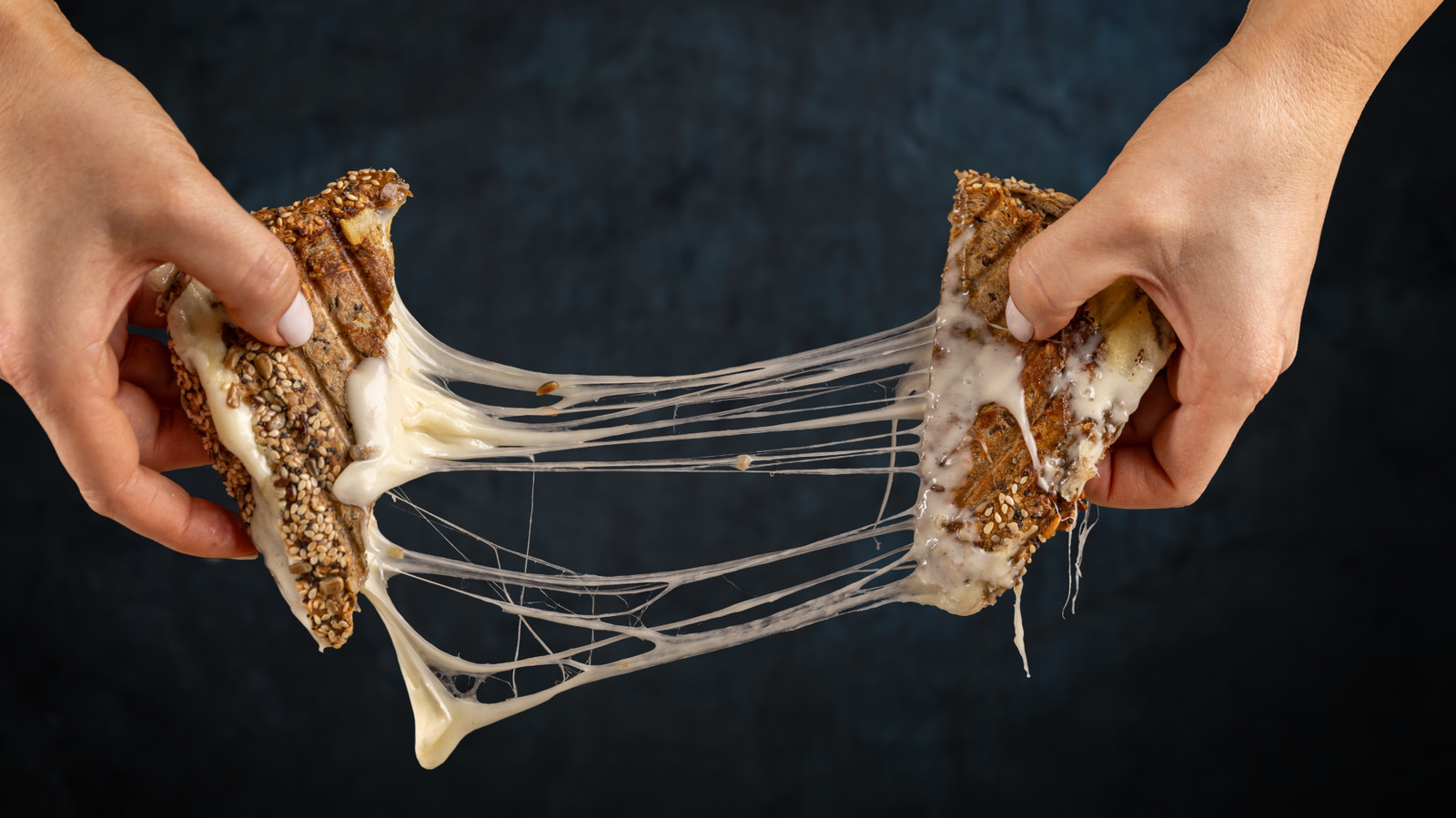The first brick-and-mortar space where rising Charleston pitmaster Hector Garate served his renowned whole hog has been covered in drywall and painted with green fronds. Upstairs, the tight, nautically themed enclave where Peruvian chef Esteban Diaz once cooked is gone, too. Port of Call is still open at 99 S.
Market St., where it’s served food and drinks since 2021. It’s just no longer a food hall .
Taking the place of local vendors who once operated stalls is a full-service restaurant serving shrimp and grits, fried fish platters, burgers and calamari. What led to the change? Charleston food halls have failed, but Port of Call could change the narrative Port of Call is still open at 99 S. Market St.
, where it’s served food and drinks since 2021. It’s just no longer a food hall . The move highlights a significant culinary trend for Charleston, a city with a nationally recognized food scene that rivals top Southern cities like Charlotte, Atlanta and Nashville.
Multifaceted eat-and-drink emporiums thrive in North Carolina, Georgia, Tennessee and other nearby states, with Optimist Hall, Ponce City Market and Assembly Food Hall welcoming crowds to transformed urban venues in their respective markets. But food halls have mostly failed to be viable business ventures in Charleston. Plans for a 16-stall hall in North Charleston petered out a few years ago.
And in 2021, the popular Workshop exploratory food court on King Street shuttered. At the time, owner Michael Shemtov sa.











:upscale()/2024/12/23/986/n/1922441/ae269e286769e6f5b332b2.08351138_.jpg)







